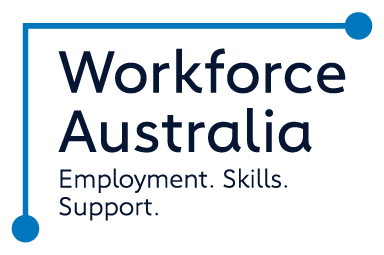Good health and well-being are essential in allowing us to function, and from time to time we may experience health-focused thoughts and concerns (Abramowitz, Olatunji, & Deacon, 2007). However, it is important to address health anxiety as it can significantly impact on a person’s quality of life.
Health anxiety, also known as illness anxiety disorder, is a condition where a person has excessive fear or worry about developing a serious illness. It can also refer to a preoccupation and worry about an illness that is disproportionate to their symptoms (This Way Up, 2023). People with health anxiety often experience physical or psychological symptoms that they interpret as signs of a serious illness and frequently seek medical help or intervention (Tyrer & Tyrer, 2018).
Contributing factors of health anxiety
Research has yet determined the exact causes of health anxiety; however, it is suggested that a combination of genetics, environmental and psychological factors contribute to the development of health anxiety. Experiencing loved ones who have had a serious illness or family history may increase the risk of developing health anxiety. Furthermore, stressful life events, such as divorce, loss of employment, or even grief can trigger health anxiety (Silver, Sanders, Morrison, & Cowey, 2004).
Impacts of health anxiety
Healthy anxiety can have a negative impact on psychological well-being and quality of life. People with health anxiety may avoid activities, reduce engagement with others, and this can lead to social isolation, increased headaches or stomachaches caused by anxiety rather than illness. This can all lead to a decrease in quality of life.
Psychological signs of health anxiety
- Worrying that mild physical symptoms are signs of a serious disease.
- Worrying about your health despite being given the “all clear” from medical specialists
- Increased emotional and psychological distress caused by common or mild physical symptoms
- Frequent worry about developing rare or deadly diseases
- Becoming distressed by health-related media reports
- Persistent tension or feeling on edge
Behavioural signs of health anxiety
- Increased time on the internet ‘Googling’ your symptoms
- Frequently checking your body for symptoms
- Seeking frequent reassurance from others about your health
- Avoiding activities that trigger common physical symptoms (e.g., exercise)
- Booking frequent medical appointments or attending emergency departments
- Avoiding people and places that remind you of sickness (e.g., doctors, hospitals)
Adopted from: https://thiswayup.org.au/learning-hub/health-anxiety-explained/
Tips for coping with health anxiety
- Practice relaxation techniques such mindfulness, meditation, deep breathing to help reduce anxiety
- Challenge your negative thoughts and beliefs about your health by asking yourself if your thoughts are based on evidence or assumptions
- Avoid or limit your exposure to health-related information such as online health forums and researching symptoms as this can cause an anxiety response (e.g., “Stop googling”)
- Stay active and engaged in pleasurable activities that you like, as this can help to distract from your anxiety
- Maintain a healthy lifestyle – eat a balanced diet, regular exercise, get enough sleep and social interactions
- Practice self-care by engaging in activities that help you to relax such as reading a book, listening to a podcast, taking a walk, or having a bath
- Seek support from a mental health professional, such as a psychologist, social worker, or counsellor if you need additional support or help with developing coping strategies
About Asuria Wellbeing Services
Asuria provides a range of wellbeing services to empower you with the knowledge, tools, and skills to help you get and keep a job. The Asuria Wellbeing Specialist Team are highly trained, registered allied health professionals, including psychologists, social workers and counsellors. We will support you every step of the way, by conducting evidence-based assessments and delivering counselling interventions if you are having trouble finding or keeping a job.
If you’re interested in finding out more about Asuria’s Wellbeing Specialist services, call 1800 773 338 or visit our website.
Written by Deborah Flower, Psychologist – Asuria National Wellbeing ManagerDeborah Flower works in our Wellbeing Specialist Team as the National Wellbeing Manager to provide Allied Health services through her experience as a dedicated psychologist. Bringing years of experience to her role within Asuria, Deborah and her team work to provide wellbeing support to our clients. |
|
|
|








